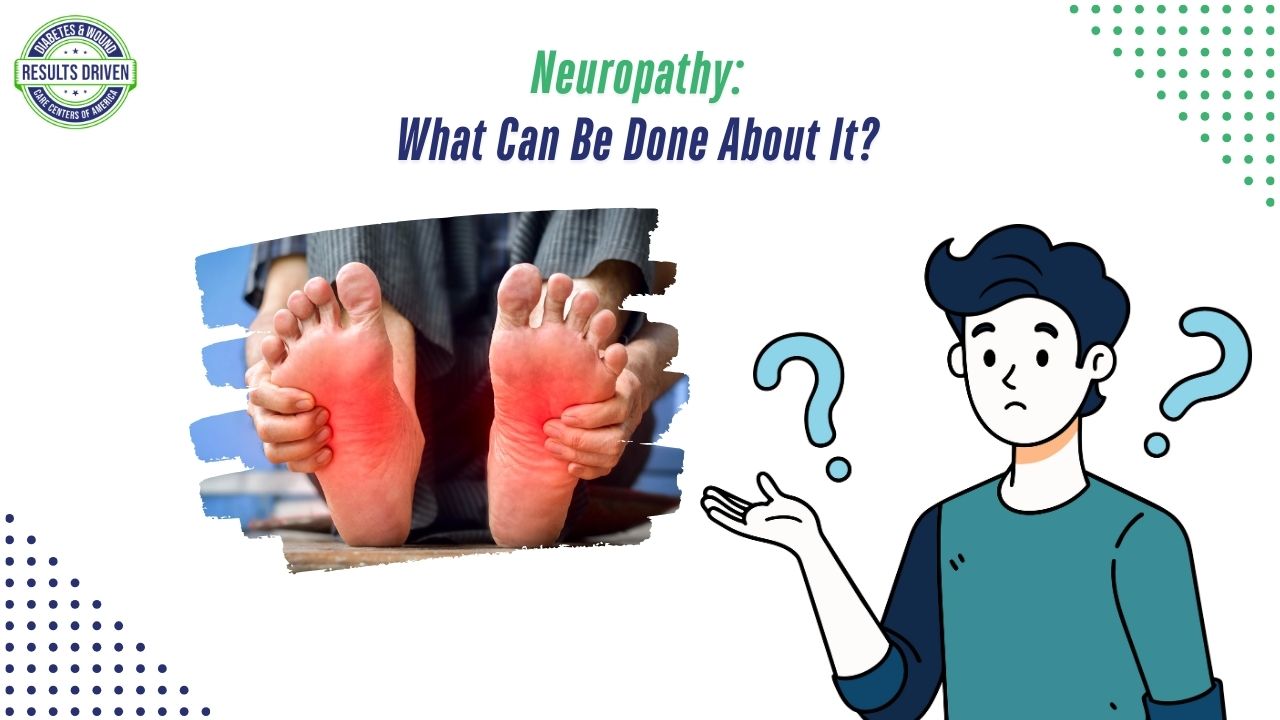Neuropathy: What Can Be Done About It?
Have you ever felt a strange tingling in your hands or feet? Or perhaps a sharp, burning pain that doesn’t seem to go away? These could be signs of neuropathy, a condition that affects millions of people worldwide. Neuropathy occurs when nerves become damaged, disrupting the signals they send to the brain and spinal cord. If left untreated, it can significantly impact daily life, making even simple tasks like walking, gripping objects, or maintaining balance difficult. However, there are ways to manage neuropathy effectively and even promote nerve repair. Understanding the causes and available treatments can help you take control of your health and minimize the impact of this condition.
Understanding Neuropathy
Neuropathy, or peripheral neuropathy, is a condition that results from damage to the peripheral nerves, which connect the brain and spinal cord to the rest of the body. It can be caused by several factors, including diabetes, injuries, infections, autoimmune diseases, vitamin deficiencies, and exposure to toxins. Diabetes is the leading cause, often affecting the feet and legs due to prolonged high blood sugar levels. Other causes include trauma from accidents, repetitive motion injuries like carpal tunnel syndrome, and chronic conditions such as lupus or Guillain-Barré syndrome.
The symptoms of neuropathy vary depending on the severity and nerves affected. Many people experience tingling, burning sensations, or sharp, stabbing pain, especially in the hands and feet. Muscle weakness, difficulty maintaining coordination, numbness, and increased sensitivity to touch are also common. For some, even mild pressure from clothing or bedding can cause discomfort. Recognizing these symptoms early is crucial for managing neuropathy and preventing further damage.
What Can Be Done About Neuropathy?
Neuropathy can be managed through a combination of medical treatments, lifestyle changes, and alternative therapies. Doctors often prescribe medications such as pain relievers, anticonvulsants like gabapentin or pregabalin, and antidepressants that help manage nerve pain. Topical treatments, including capsaicin cream and lidocaine patches, can provide localized relief. For some, transcutaneous electrical nerve stimulation (TENS) therapy offers pain reduction through mild electrical currents that interfere with pain signals.
In severe cases, medical interventions such as nerve repair or grafting may be considered. When a nerve is severed or severely damaged, surgical repair may reconnect the ends to restore function. In cases of extensive nerve damage, a healthy nerve from another part of the body can be used to bridge the damaged area and encourage regrowth. While these advanced techniques require time and physical therapy, they offer hope for restoring sensation and mobility in those with neuropathy caused by trauma or localized nerve injuries.
Lifestyle changes also play a critical role in managing neuropathy. Keeping blood sugar levels within a healthy range is essential for those with diabetes to slow or prevent further nerve damage. Regular exercise, such as walking, swimming, or stretching, improves circulation, strengthens muscles, and may reduce symptoms. A nutrient-rich diet that includes lean proteins, vegetables, fruits, and whole grains supports nerve health. Managing stress and ensuring adequate sleep are also crucial in reducing the severity of neuropathy symptoms.
Alternative Therapies and Home Remedies
Some non-traditional treatments have shown promise in reducing neuropathy symptoms and improving overall well-being. Acupuncture, an ancient practice, has been found to enhance circulation and relieve nerve pain for some individuals. Physical therapy, with targeted exercises, can help improve coordination, balance, and strength, reducing the risk of falls and injuries. Supplements such as vitamin B12, alpha-lipoic acid, and omega-3 fatty acids are often recommended to support nerve repair and reduce inflammation.
At-home care can also provide relief from neuropathy discomfort. Soaking in warm water can help relax muscles and improve circulation, easing pain and stiffness. Regular foot care, including inspecting the feet for cuts, blisters, or infections, is crucial for those with diabetes. Proper footwear can help prevent pressure sores and reduce the risk of complications. Limiting alcohol and caffeine intake, which can worsen nerve symptoms, may also contribute to better overall nerve function.
When to Seek Professional Help
Although mild neuropathy symptoms can sometimes be managed at home, worsening symptoms or those that interfere with daily activities require medical attention. If pain becomes persistent, numbness spreads, or mobility is affected, a healthcare provider should evaluate the condition and recommend appropriate treatment. Those with underlying conditions such as diabetes should have regular check-ups to monitor nerve function and prevent further complications.
In some cases, advanced treatments such as nerve stimulation therapy, hyperbaric oxygen therapy, or even surgical intervention may be necessary. Consulting with a specialist can ensure that all treatment options are explored, from managing symptoms to potential nerve regeneration strategies.
Taking Control of Neuropathy
Neuropathy can be a challenging condition, but it doesn’t have to take over your life. With the right combination of medical treatments, lifestyle changes, and alternative therapies, symptoms can be managed effectively. Taking proactive steps, such as maintaining healthy blood sugar levels, engaging in regular physical activity, and seeking medical advice early, can help slow progression and improve overall well-being.
If neuropathy is affecting your quality of life, now is the time to take action. Staying consistent with treatment, making informed choices, and exploring available therapies can provide relief and reduce discomfort. Don’t let neuropathy hold you back—take control today and move toward a life of improved comfort and mobility.







